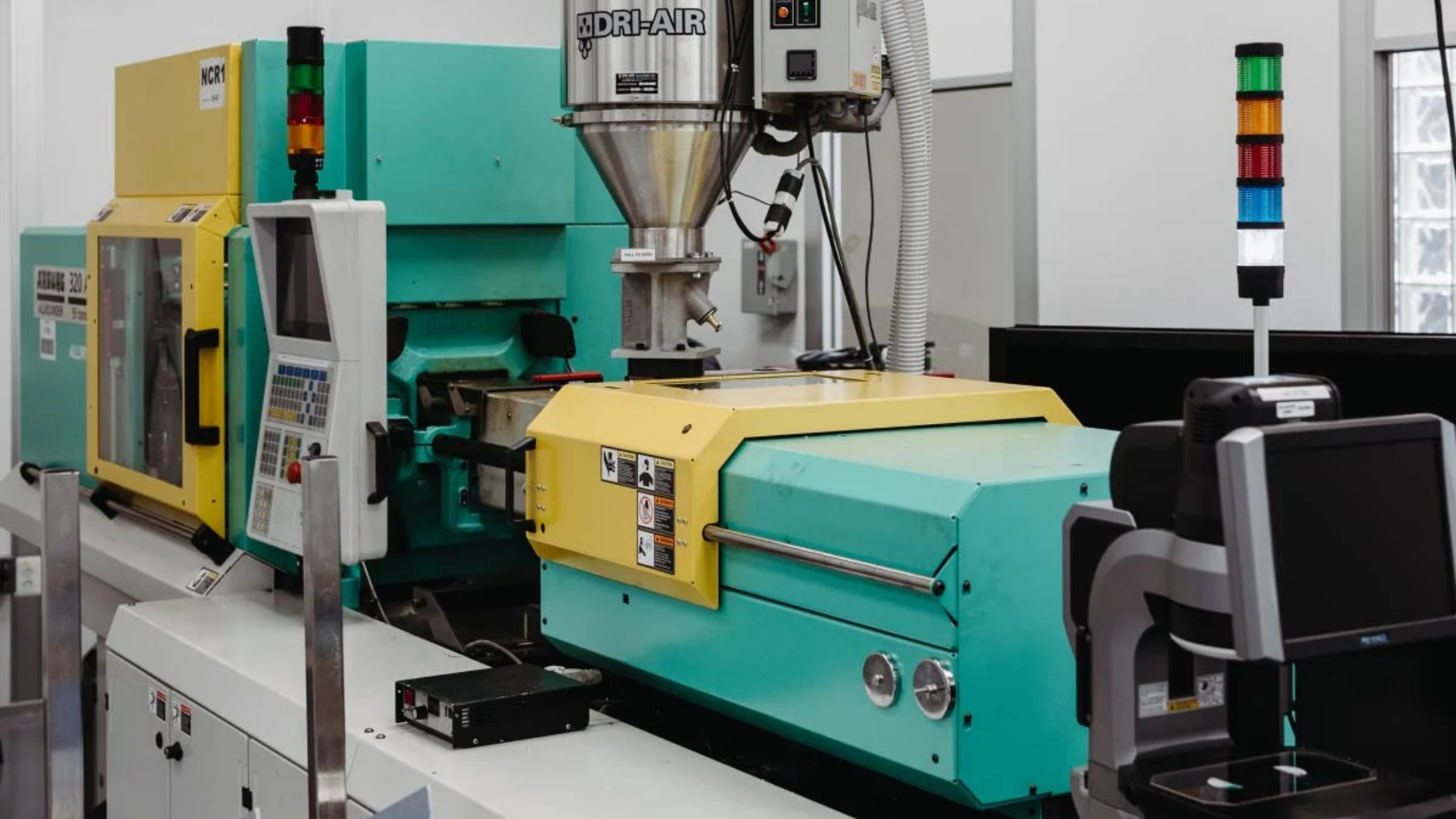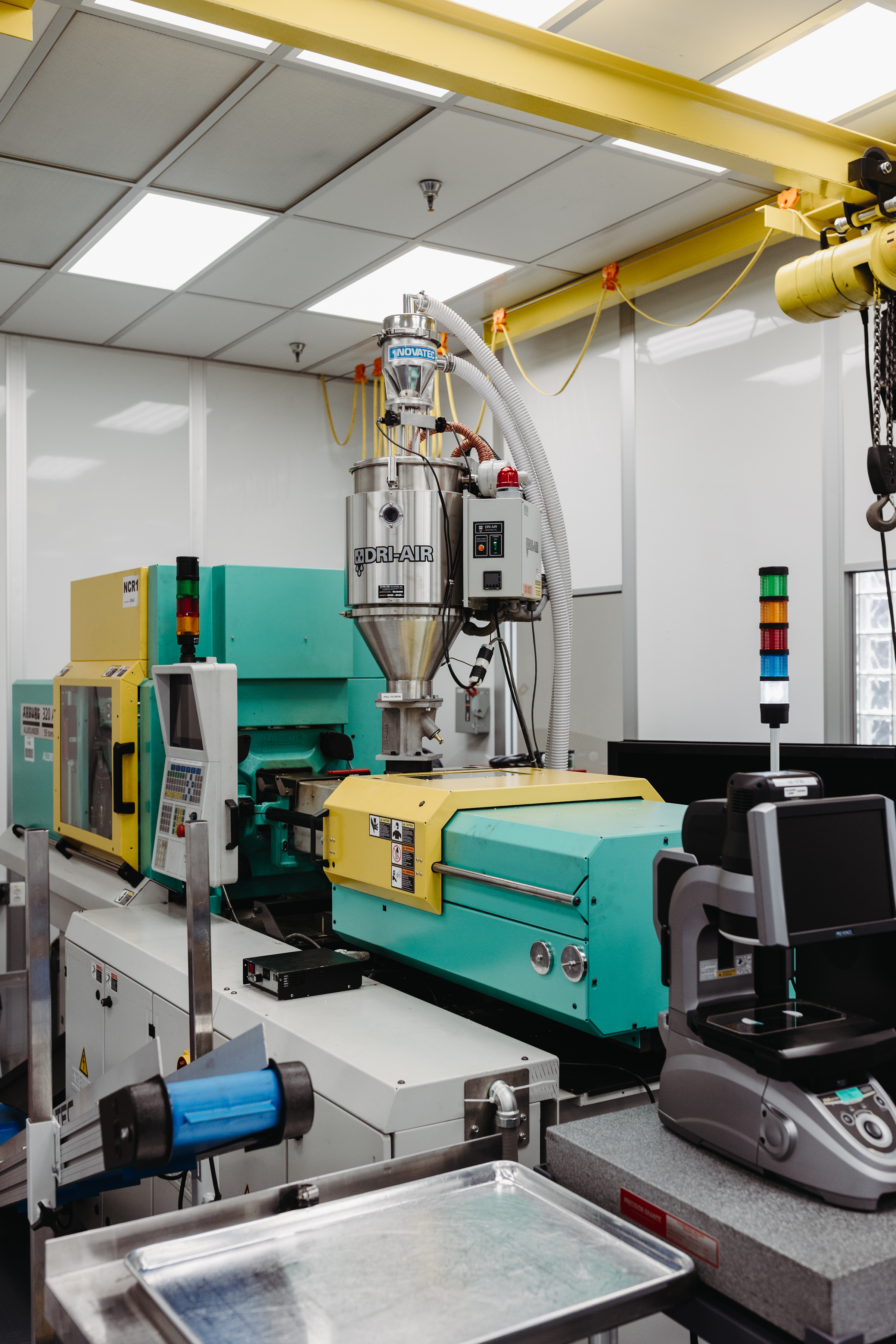The other week, Micron Solutions had the honor of hosting key leaders from the City of Fitchburg, highlighting the strong and ongoing collaboration between our organization and the city’s leadership. With Micron being one of the top employers in the area, this partnership underscores a shared vision: driving economic growth, creating job opportunities, and building a stronger community in Fitchburg.
Collaborating for a Better Fitchburg
Upcoming Events in Spring 2025
This spring, Micron Solutions is excited to attend two major industry events: the Medical Design & Manufacturing (MD&M) West Expo in February and the American Academy of Orthopaedic Surgeons (AAOS) Annual Meeting in March. These events are a great chance for us to meet with partners, industry leaders, and peers to exchange ideas and explore the latest developments in our field.
Micron Solutions at AAHKS 2024 Recap
From November 7–10, 2024, the American Association of Hip and Knee Surgeons (AAHKS) Annual Meeting gathered leading minds in orthopedics in Dallas, Texas. The event is one of the most important gatherings for hip and knee surgeons, offering a platform to discuss implant design, surgical techniques, outcomes, and the challenges shaping modern healthcare.
Automation and Human Collaboration in Drug Delivery Device Manufacturing
At Micron Solutions, a contract manufacturer in Fitchburg, MA, we combine our workforce with our technology (“manomation”) to help scale projects. Our strategy allows us to compete effectively in the market, focusing on scalability, Design for Manufacturing (DFM), Design for Assembly (DFA), and Design for Automated Assembly (DFAA) principles. This whitepaper highlights the importance of early collaboration, cost transparency, and strategic planning in achieving optimal results.
Engineering Precision in Sensor Manufacturing for EEG Applications
The electroencephalogram (EEG) is a neurological test that measures the electrical activity in the brain. At the heart of this technology lie the sensors or electrodes that attach to the scalp, capturing the signals coming from the brain. We at Micron Solutions are proud to be manufacturing a product that makes such a difference in people’s lives.
Case Study in Advanced 2-Shot Molding: Specialty Drug Delivery Devices
As the medical device industry continues to evolve, the demand for innovative and user-friendly medical devices has never been greater. One device that is transforming the lives of patients is a wearable drug delivery device, a critical component that allows individuals to manage their chronic conditions with ease and precision.
Update from February 2024 Trade Events
The Micron team had an enjoyable and memorable time connecting with customers, suppliers, and industry leaders at a MD&M West and AAOS 2024.
Upcoming MedTech Events: Feb 2024
We have two major conferences and expos on our calendar in the coming weeks. If you will be at either of the below events and would like to meet, please reach out! We are always looking to make new connections and strengthen old ones.
Traveling for Customers: India & Malaysia
As a leading contract manufacturer with over 52 years of experience, Micron Solutions provides full-service solutions for medical device innovators across the globe. Having worked with customers across 4 continents, Micron Solutions is a trusted partner to medical technology companies from early prototype development through manufacturing, assembly, packaging, and testing.
Human-Automation Collaboration in Manufacturing
In the evolving landscape of manufacturing and technology, Micron Solutions stands out as a leading company dedicated to innovation and quality. With a distinctive approach of maintaining a 10:1 ratio of people to machines, we have carved a niche for ourselves in the competitive world of manufacturing. This balance between automation and human resources shows how committed we are to achieving the best results possible.









